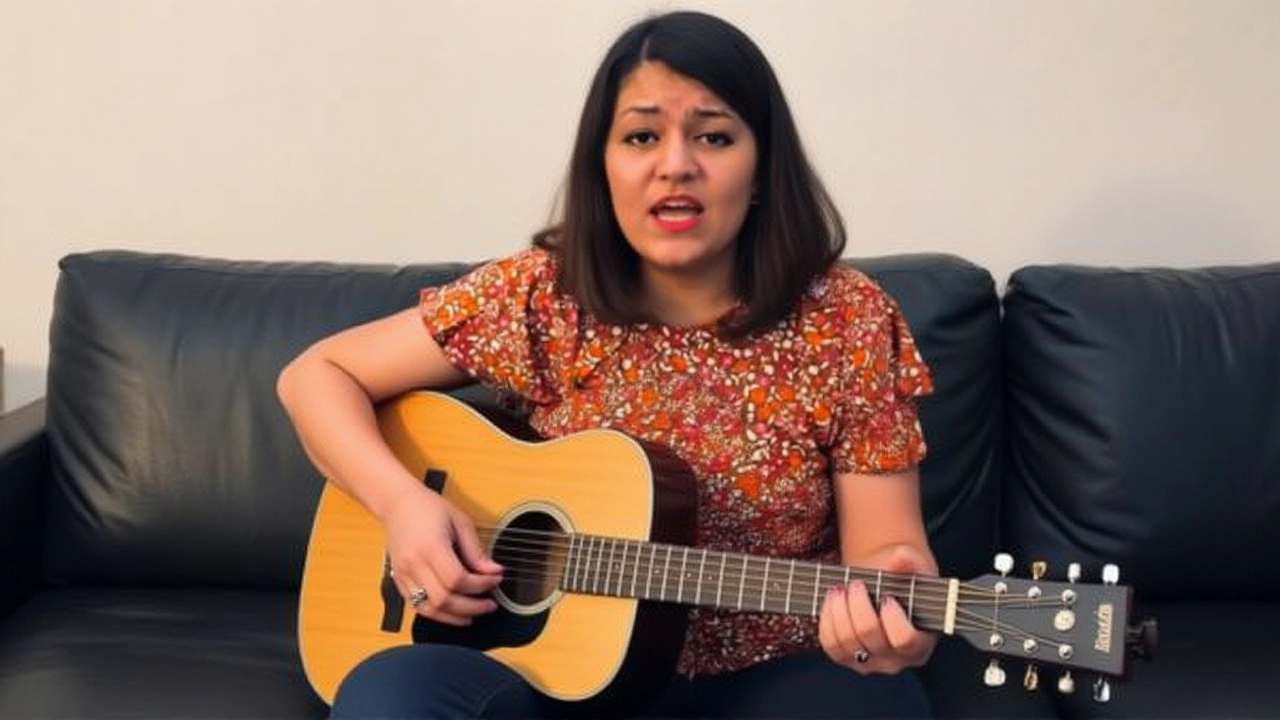UNGA: Your Go‑to Hub for United Nations General Assembly Coverage
Every September the United Nations General Assembly (UNGA) gathers leaders from almost every country on the planet. It’s not just ceremonial – the debates, votes and side meetings set the tone for global policy for months to come. If you want to stay ahead of the curve on climate pledges, human‑rights resolutions or peace‑building initiatives, you’ve landed in the right spot.
Why UNGA Matters Today
People often ask why the UNGA gets all the hype when the Security Council seems to make the big calls. The truth is that UNGA is the only venue where every nation, big or small, gets an equal speaking slot. That means you’ll hear fresh perspectives from countries that rarely make headlines. Those perspectives can spark new alliances, shift funding priorities, or even pressure larger powers to change course.
Take the recent climate finance push: dozens of small island states used their UNGA platform to demand faster action. Their collective voice forced several donor countries to announce additional billions in green funding. When you follow UNGA closely, you get the first hint of policy shifts that will affect trade, aid and even your local environment.
How to Follow UNGA Live
We break the UNGA schedule down into bite‑size steps. First, check the official opening date – usually the third Tuesday of September – and note the opening ceremony livestream. Next, dive into the agenda: General Debate, thematic debates (like Sustainable Development Goals), and high‑level meetings. Our site tags each session, so you can jump straight to the topics that matter to you.
Second, use social media wisely. Follow the official UNGA Twitter feed for real‑time quotes, and keep an eye on the #UNGA hashtag. Many diplomats post short videos that give you a sense of the atmosphere beyond the press releases. Finally, read our post‑event analysis. We take the official statements, add context from experts and show you how a single resolution could impact everyday life.
For readers who love numbers, we also compile quick stats: how many countries voted for a resolution, which regions supported or opposed it, and what the headline figures look like. Those tables make it easy to spot trends – like the growing bloc of nations pushing for a universal digital rights treaty.
Our coverage isn’t just about the big headlines. We highlight side events that often get overlooked, such as youth climate forums, women’s empowerment panels, and indigenous rights workshops. Those gatherings bring forward grassroots ideas that sometimes get baked into the final documents.
Curious about a particular country’s stance? Use our search tool to pull up all UNGA mentions for that nation, complete with timestamps and speaker excerpts. It’s a fast way to see if a leader is sticking to campaign promises or shifting position under diplomatic pressure.
And if you’re wondering how UNGA outcomes translate into local policy, we connect the dots. A new health initiative approved at UNGA might mean extra funding for hospitals in your state, while a trade resolution could influence tariffs on goods you buy online.
Bottom line: UNGA is a global barometer for the issues that matter to all of us. By following our tag page, you get concise updates, deep dives and the tools you need to understand how world leaders shape the future. Stay informed, join the conversation, and be part of the change.
